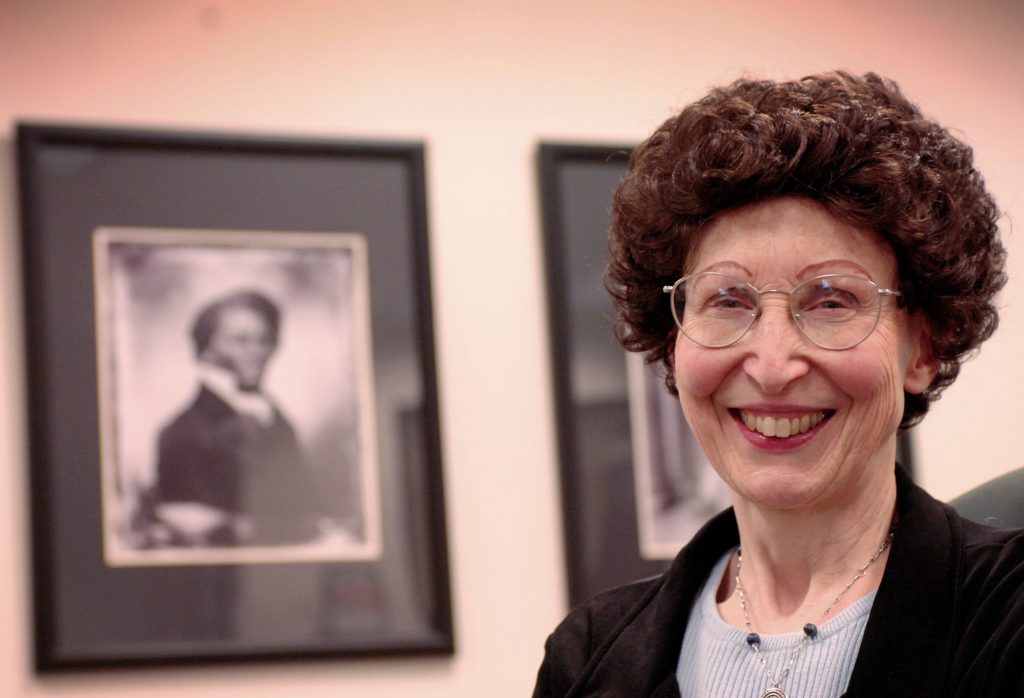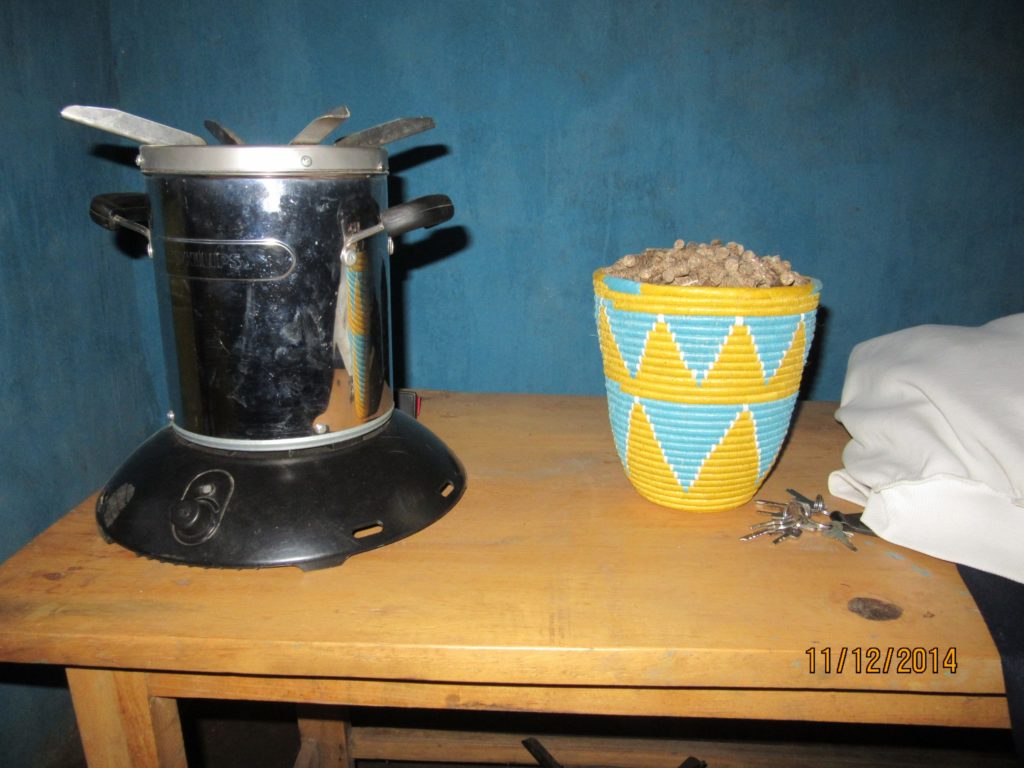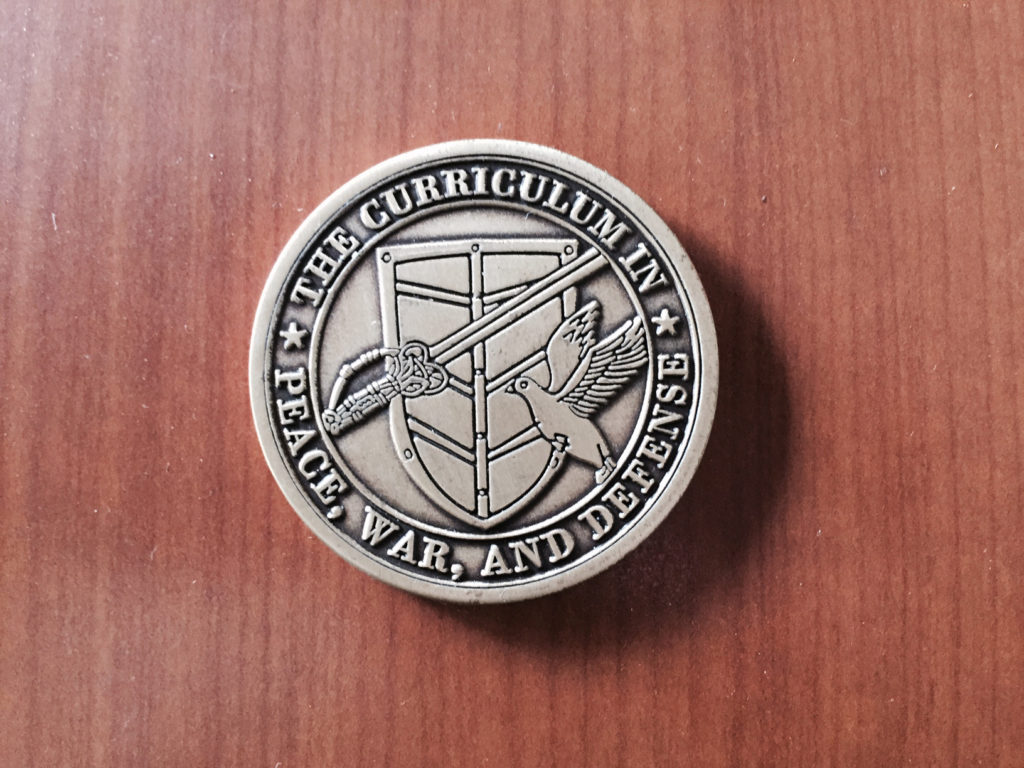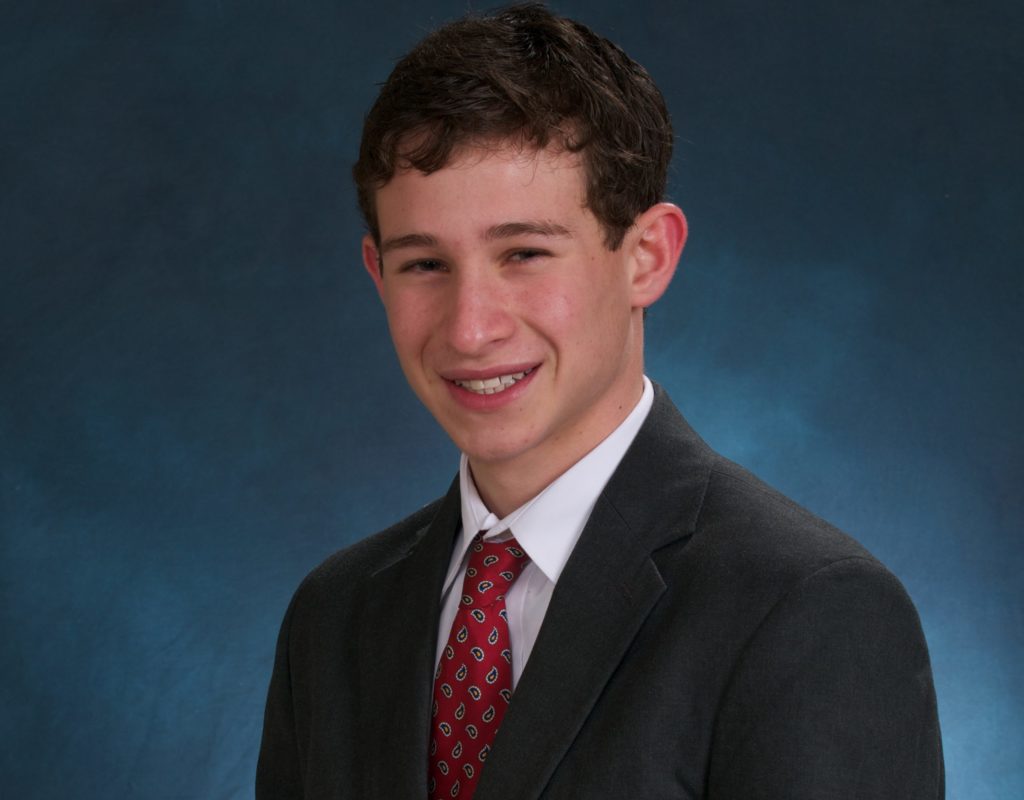 Lucy Gorham is the executive director of the UNC Center for Community Capital within the UNC College of Arts & Sciences. Her research focuses on the products, services, and public policies that hold promise for increasing the economic stability and upward mobility of low- and moderate-wealth households and communities.
Lucy Gorham is the executive director of the UNC Center for Community Capital within the UNC College of Arts & Sciences. Her research focuses on the products, services, and public policies that hold promise for increasing the economic stability and upward mobility of low- and moderate-wealth households and communities.
I wanted to be an author. Role models for girls then were much more limited than they are now, but I was familiar with writers like Laura Ingalls Wilder or Beatrix Potter because I loved to read. Reading was something I enjoyed, and becoming a writer seemed possible. As I got older, I got more interested in natural science. I grew up on the Maine coast, so marine biology was another interest of mine. Both in junior high and in high school I had wonderful biology teachers and thought that was what I wanted to do.
Describe your research in five words.
“Increasing financial equity and inclusion.”
After my junior year at Stanford, I went back home to Maine for the summer and worked in a marine sciences laboratory researching red tide. But lab work didn’t feel like the right fit for me. Around that time, I met someone from Maine Audubon who was working on a project about the state’s agriculture policy and its relation to rural economic development. I began working on the project and liked it so much that I stayed the whole year. I wrote a report highlighting policy changes that could strengthen both agriculture and rural economic development more broadly. I also headed up a feasibility study for a small food processing facility as a strategy to increase farm incomes in a remote high-poverty county. I loved the mix of research, policy, and practice.
What’s an interesting thing that’s happened during your research?
When I was expecting my first child, I was doing a research project for the Aspen Institute examining labor market and wage trends in rural and urban areas. I was living in Washington, D.C., at the time, even though I was a PhD student at MIT. When I started to go into labor, my doctor told me to go home and come back late afternoon after things had progressed a little more. Since the baby wasn’t supposed to be born for another couple of weeks, my first thought was: “Oh no, I need to finish entering data into my spreadsheets before the baby arrives!” When I went home, I spent the afternoon finishing up the data entry before going back to the hospital and giving birth to my son. If I had to do it all over again, I might choose something a little more fun and self-indulgent to do before the baby arrived, like a great lunch and a movie!
What advice would you give to up-and-coming female researchers in your field?
For students: Don’t go directly into graduate school. Get some time in the field — especially if you are going into economics or public policy. There is so much to learn from working. That way, you appreciate graduate school more and have more experience to bring to the table.
There’s a saying in Maine that just because your cat has kittens in the oven, it doesn’t make them biscuits, which is meant to convey that you can’t just drop into a place and expect to be “of” it. The need for genuine community engagement is fundamental in any kind of field work, whether it’s in Maine, North Carolina, or anywhere around the globe.




